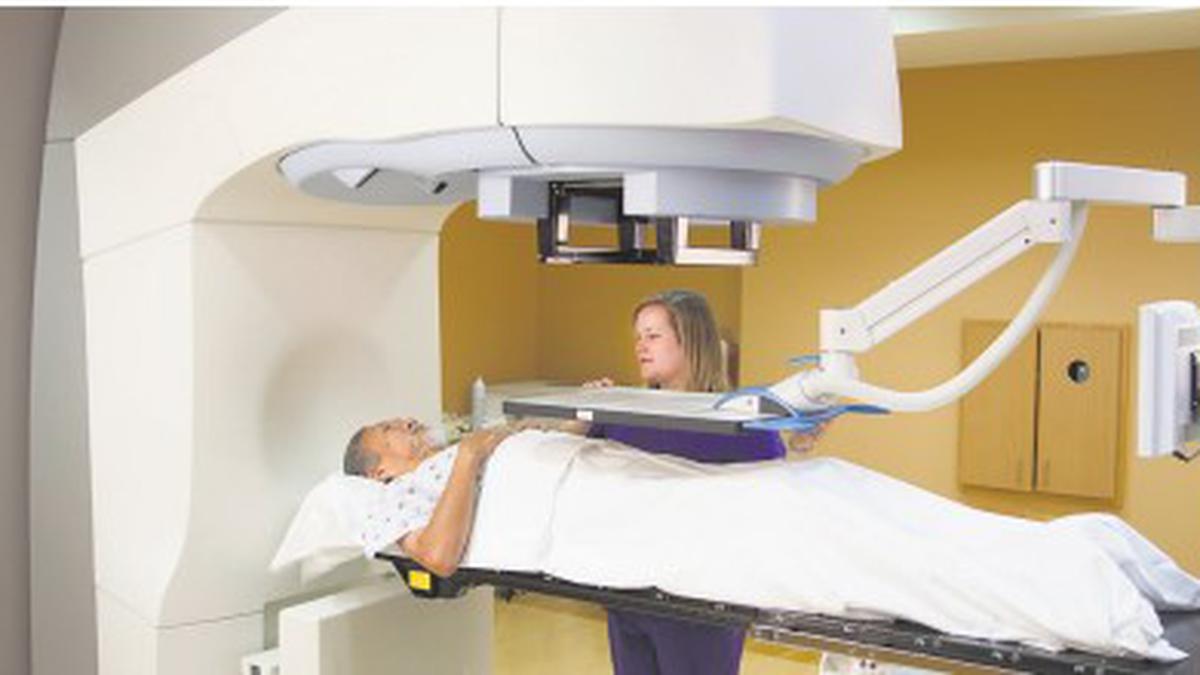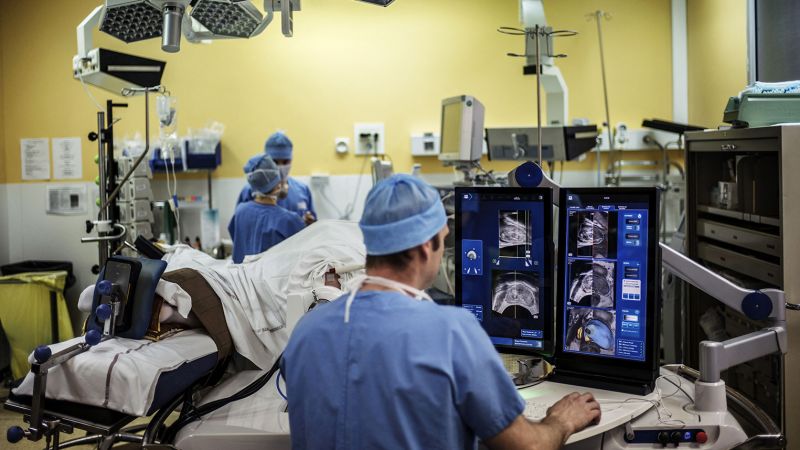
Cells that helps to treat resistance in prostate cancer: Study
Hindustan TimesResearchers have described prostate cancer cell dynamics at a single-cell resolution throughout the course of the disease, from the first stages to the point of androgen independence, where the tumour no longer responds to hormone restriction therapy. Cells that helps to treat resistance in prostate cancer: Study Their study in mice, published in eLife, reveals an expansion of intermediate cells in prostate cancer, which correlates with resistance to treatment and poor clinical outcomes in humans. In the prostate of mice lacking Pten, they observed an expansion of luminal intermediate cells, likely derived from three cellular sources - basal cells, luminal progenitor cells and differentiated luminal cells. Furthermore, the signature is enriched in a subset of metastatic human prostate cancer cells - tumours that are able to spread - but not in the primary tumour cells. "Overall, our work highlights multiple epithelial and immune cell types that are crucial to prostate cancer initiation and progression, and sheds light on the interactions between specific cell populations that contribute to castration-resistance," concludes senior author Andrew Hsieh, Associate Professor in the Division of Human Biology, Fred Hutchinson Cancer Center, and the Department of Medicine and Genome Sciences, University of Washington.
History of this topic

Reasons for treatment resistance in prostate cancer found
The HinduDiscover Related










)









)
